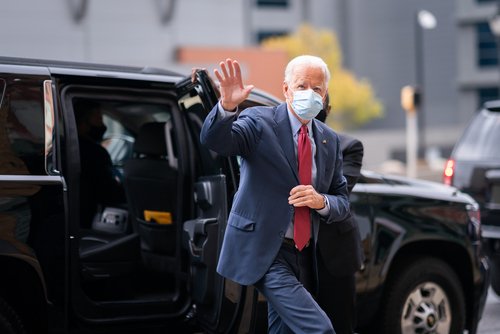Brussels (Brussels Morning) According to a declassified US intelligence assessment, Russia’s President Vladimir Putin authorised influence operations intended to help Donald Trump win the US presidential elections in November last year, AP reported.
The report, declassified and released on Tuesday, identified Russia and Iran as the main foreign actors that attempted to influence the US presidential elections. It made clear that neither meddled in technical aspects of the voting process, such as voter registration, ballot casting, the vote count or reporting results.
Denigrating Biden
Putin reportedly authorised influence operations aimed at denigrating Biden, boosting Trump, undermining confidence in the election, and exacerbating social divisions in the US. The Kremlin used proxies linked to Russian intelligence “to launder influence narratives” by using media organisations, US officials and people within Trump’s sphere to promote misleading or unsubstantiated allegations against Buden.
The report also identifies Ukrainian, pro-Russian lawmaker Andrii Derkach as an “active Russian agent”. While the report names no US citizens, Trump’s associate Rudy Giuliani met with Derkach several times, attempting to link Biden to unsubstantiated corruption allegations involving his son Hunter Biden.
Sowing discord
The Russian campaign was less aggressive than in 2016 when it came to hacking election infrastructure, and the wide-scale operations that targeted state and local government networks last year were probably not election-focused.
Iran’s efforts, on the other hand, focussed more on sowing discord in the US, and did not cease after the elections were over. Tehran’s influence campaign was aimed at harming Trump’s reelection. In one instance, it involved a flurry of emails falsely attributed to the far-right group Proud Boys, which were sent to Democratic voters in battleground states threatening recipients to vote for Trump.
While China reportedly considered running influence operations, in the end it opted not to deploy them, since Beijing did not consider any election outcome sufficiently advantageous to merit the risk of the fallout that would ensue were it identified as the instigator.




